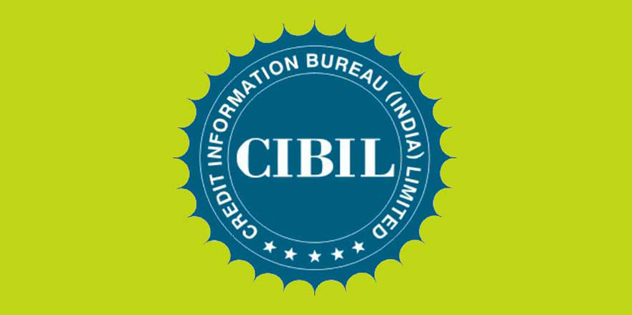Blog Detail


Importance of maintaining CIBIL score to avail the loan
20-05-2018

Importance of CIBIL score for availing loan
CIBIL score is an eligibility score ranging between 300 to 900 that is generated based on your repayment history of the borrower. CIBIL aka Credit Information Bureau (India) Limited, is authorized by the Reserve Bank of India (RBI) to analyse the loan repayment behaviour of borrowers. And the score assigned to each person represents his/her creditworthiness to borrow a loan in the future. Though there are three other credit rating organization in India i.e.
- Experian
- Equifax
- Highmark
who are authenticated by RBI, but of all CIBIL is the most popular credit score providing institution in India.
A Brief understanding of CIBIL score
CIBIL score holds great importance for any individual planning to avail of loan from any financial institution. It maintains credit history and tracks the financial behaviour of an individual. The score assigned to each person represents his/her creditworthiness to borrow a loan in the future. To simplify credit score is the numeric summation of your credit history. The details of your financial status is derived from the Accounts and Enquiry section of your Credit Information Report (CIR). Though the eligibility threshold of issuing loan is decided by the lending bank but there are some general guidelines about the credit scores they are:
- Credit score more than 750 are considered Excellent hand have high chances of loan approval
- Credit score between 690 to 750 are considered average, and there are lesser chances of loan approval from banks and NBFCs, however they will be eligible for loans at higher interest.
- Credit scores less than 600 is considered as “bad credit score” and have minimum or no chance of loan approval.
How Credit score influences lending decision of banks?
Every financial institution, take their lending decisions based on the good credit score or the credit history of their prospective borrowers. The bank also relies on the score to decide upon the rate of interest to assign against the borrower. Credit score varies according to the information provided by the bank about the financial record of the borrower. And in order to maintain a good credit history, the borrower must comply with the payment procedures as directed by the loan grantor.
Usually, the credit score is generated based on an individual’s financial behavior with a bank over any loan or debt settlement. This financial behavior includes credit card payment records, dues and other kinds of debts. The credit score varies according to the information provided by the bank about the financial record of the borrower. And in order to maintain a good credit history, the borrower must comply with the payment procedures as directed by the loan grantor.
Why Borrowers with low credit score are denied loans?
Often borrowers are highly enthusiastic at the time of applying or receiving the loan. However, they become inconsistent and usually falter in a time of repaying the instalment. The bank usually provides the borrower time and occasional reminder to make the payment, following an irregular history of debt clearance. However, if the borrower still fails to adhere to their requests, the bank issues notice (sometimes even legal notice) with the option of a one-time settlement (OTS) scheme. Although this might appear as an option for the borrower to do away with the loan for once and all. However, reaching this stage itself reflects the borrower’s poor financial history and behaviour. And creates a great impact on his CIBIL score and future financial decisions (pertaining to the loan).
Generally, an individual assumes if he makes payment through OTS, he is safe and has come out of financial constraint. And he can avail of another loan. However, it is unlikely to happen if the CIBIL score is below the margin and fails to meet the prospective bank’s expectations. The bank usually verifies an individual’s financial history and CIBIL score before sanctioning a loan. And if the score doesn’t meet the expected level, then the bank denies approving the loan.